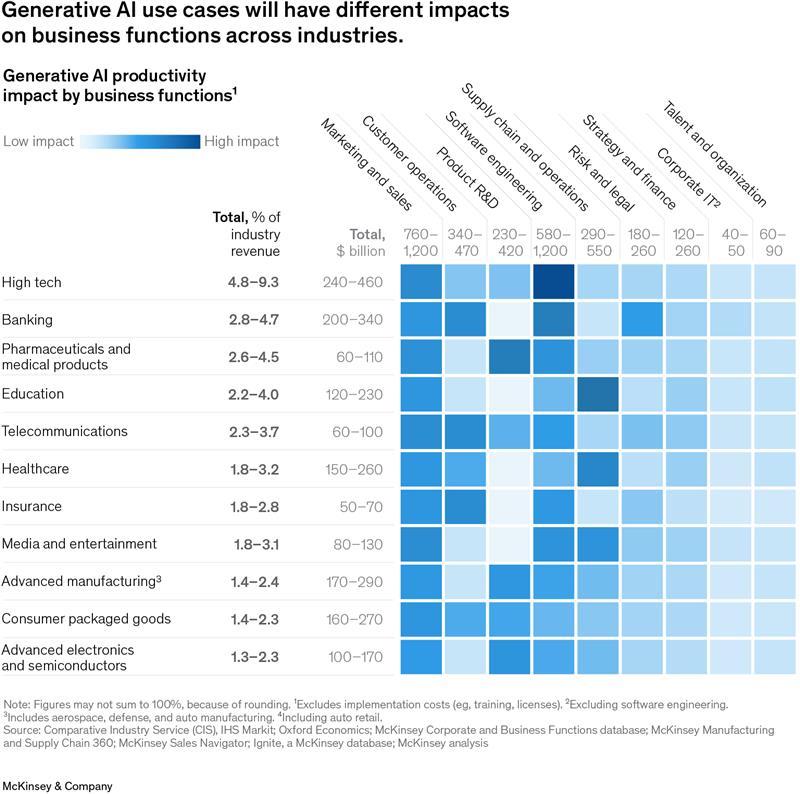Salesforce Datorama, now known as Marketing Cloud Intelligence, is a cloud-based marketing analytics platform that enables businesses to unify their marketing data, gain deeper insights, and optimize campaigns across multiple channels.The data and analytics are transforming the retail industry in a revolutionary way. As more and more digital touchpoints online and in-store emerge, retailers are being faced with a twofold threat and opportunity: to unravel huge amounts of information to generate actionable insights. Salesforce Datorama, one of the biggest data analytics marketing tools, is redefining the way retail analytics works by integrating fragmented sources of data and enabling companies to make real-time and data-driven choices. This paper looks at the way Salesforce is Datorama remaking the future of retail analytics and reasons why data-driven decision-making is the only way to succeed in the current competitive environment.
Understanding the Retail Analytics Landscape
Retail analytics involves gathering, sorting and visualization of information collected in the retail customer journey. Retailers monitor customer behaviours, preferences, inventory, promotional, sales performances so as to streamline operations and improve customer experiences. Nevertheless, the disaggregation of information between many platforms, including POS systems, e-commerce platforms, marketing platforms, and supply-chain software, is a significant source of barrier to meaningful extraction of information.
In this respect, highly sophisticated analytics applications, such as Salesforce Datorama, become essential. Datorama summarises and aligns data according to multiple channels in one dashboard, which is centralised. This unified perception eradicates information silos and offers an overall image of the retail performance. Salesforce Datorama is capable, through data ingestion and normalization, of automating data ingestion and normalization processes, leading to less manual reporting and releasing analysts to focus on strategic initiatives.
The Power of Salesforce Datorama in Retail
The AI-based analytics engine provided by Datorama allows retailers to recognize the relationships and hidden patterns in data. It has customizable dashboards where decision-makers can view the important key performance indicators (KPIs) in real time, including: customer lifetime value, churn rates, sales velocity, and campaign ROI. Retailers are able to predict demand variation alongside inventory utilisation as well as fine adjust marketing expenses to high returns under predictive analytics.
In addition, Datorama helps to provide cross-channel measurement, allocating the sales and engagement in the most appropriate manner determined by using different platforms, including social media, search, email, and physical stores. This helps the retailers to do a deeper analysis of the customer journey and resources are allocated in the most effective way possible. As an example, a retailer may learn that after the robot upsurge in the level of social media interaction in this or that area, the level of store attendance goes up, thus influencing the formation of local marketing strategies.
The Role of Data-Driven Decisions in Retail Success
The use of data in making decisions is no longer a choice in retail, but it is a requirement. When retailers use data analytics to their advantage, they will be able to customise customer experiences, improve pricing, more effectively predict sales, and simplify supply chains. This flexibility helps in tackling a quick adjustment in an industry that is often destabilized by consumer behavior, innovation, and international phenomena.
Salesforce Datorama gives strength to the retailers by giving them one source of truth, making sure that the decisions taken are founded on good information that is up to date. Through real-time analytics, the retailer is able to react fast to changes in the market – including promotions, stock levels, and staffing to optimise revenues and minimise wastes.
Enhancing Customer Experiences Through Analytics
Through analytics, retailers no longer have to conduct most marketing campaigns as generic, but provide extremely targeted, personalised messages. The retailers can give the customers the relevant product suggestions, promotion in time, and targeted communication by segmenting them based on their buying behaviour, preferences and patterns of engagement.
The Datorama insights provided by Salesforce can assist a brand to understand the customer channel pain points, hence enhancing the services and product value. As an illustration, information can indicate high-return profile on a particular product range and this would lead to quality inspections or product adjustments.
Challenges and Future Outlook for Retail Analytics
Despite the immense benefits of retail analytics there are issues. Data privacy and regulatory compliance issues (GDPR, CCPA, etc.) provoke the retailers to contain the customer data in a responsible and transparent manner. Complexity of integration and quality of the input data might impede the effectiveness of analytic process.
Retail analytics is the future where continuous innovation is the only way forward, and new technologies, like machine learning, natural language processing, or edge computing, are to be involved to make more inferences faster. The roadmap of Salesforce Datorama also covers the additions of extended AI potential, enhanced integrations, and user-friendly interfaces that will make data accessible to the whole organisations of the retail sector.
Conclusion
Salesforce Datorama is transforming the concept of retail analytics by organising data and providing high-powered AI-powered insights that can help make smarter, faster, and more effective decisions in the future. With the further integration of retail strategies using data, the retailers who use platforms such as Datorama will experience competitive advantages, by optimising their operations, personalising their experiences, and promoting sustainable growth. It gives the retail analytics a positive future given the future of retail analytics is very bright due to the use of technology that can transform data into actionable intelligence and can help retailers to compete in an ever-evolving marketplace.




